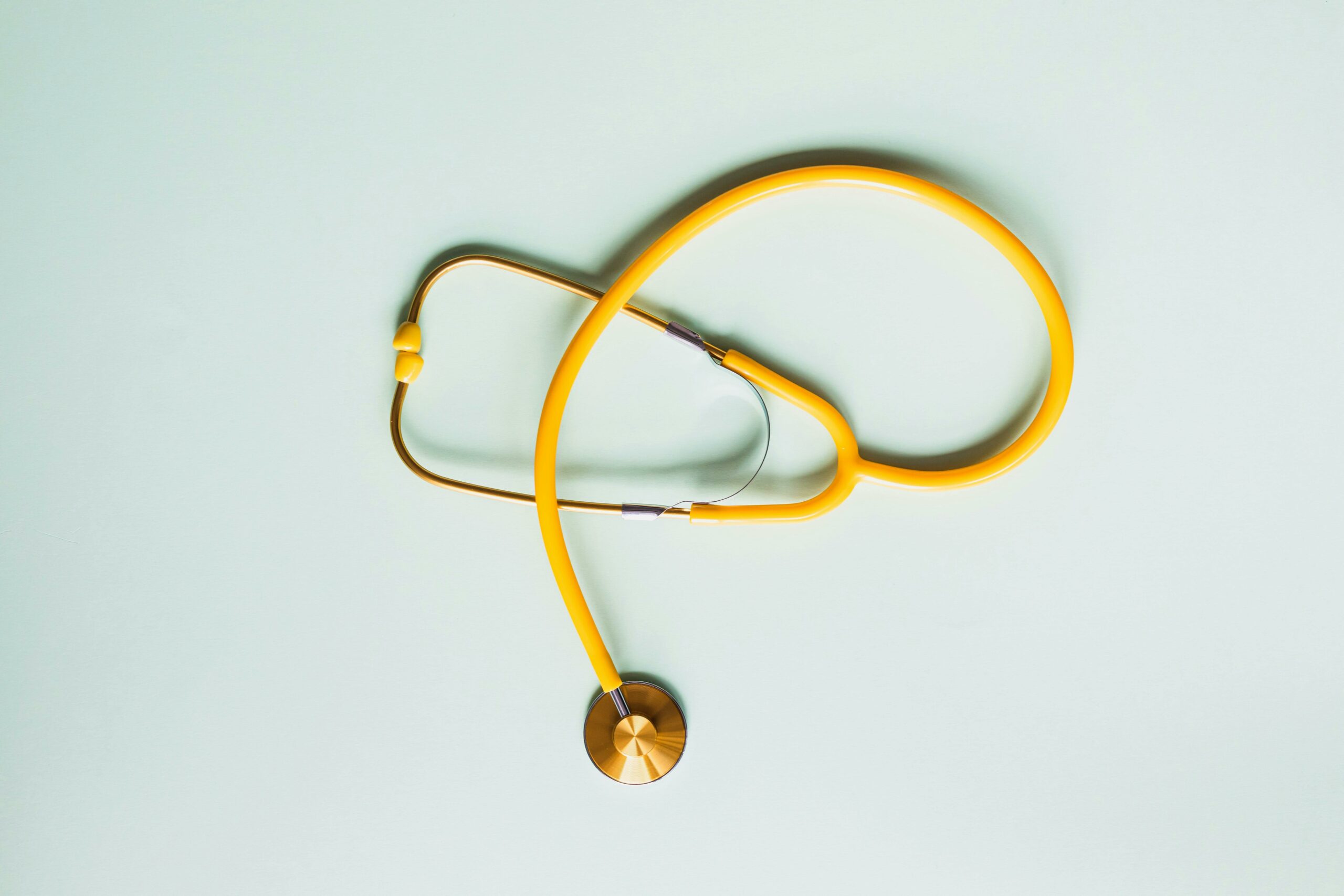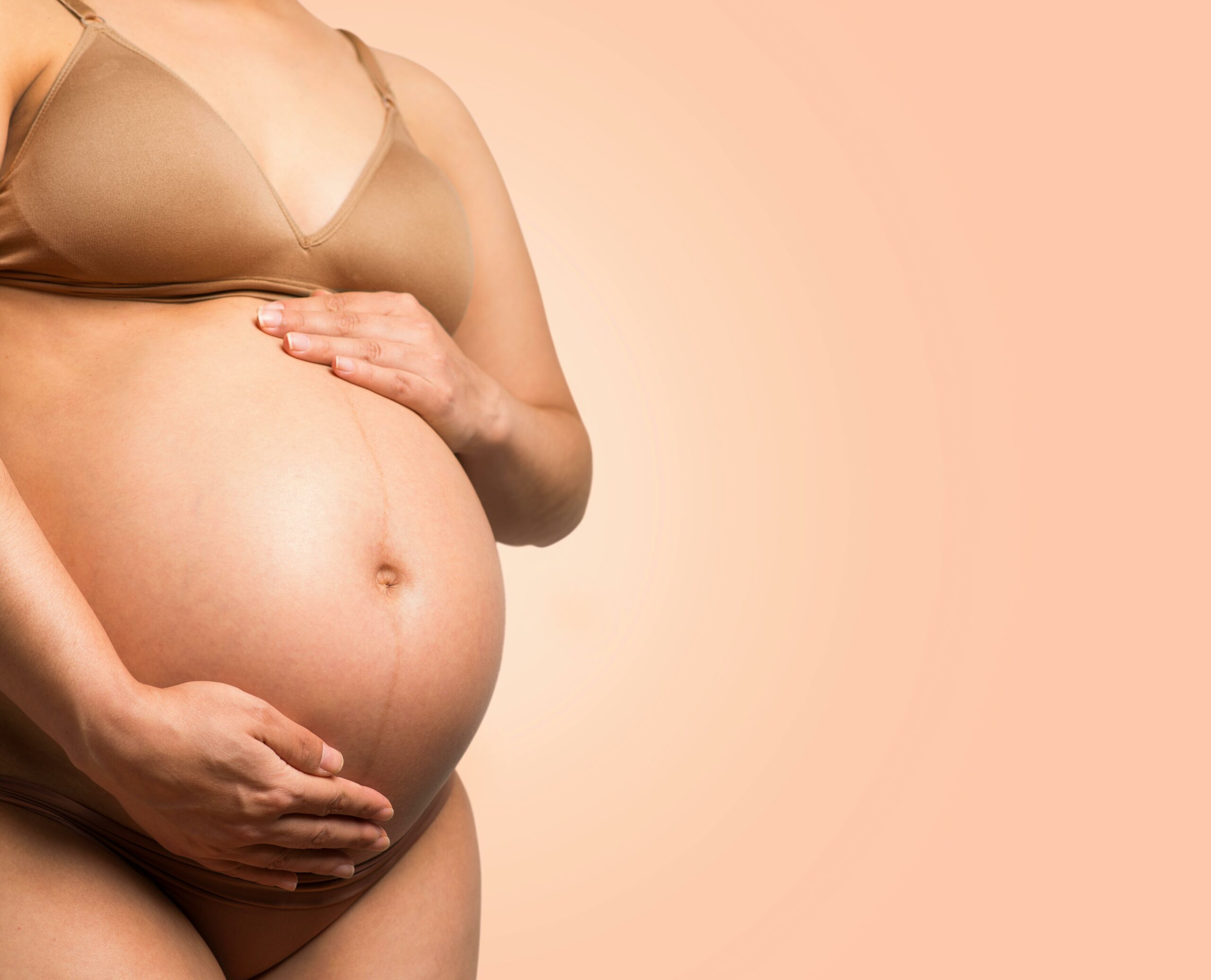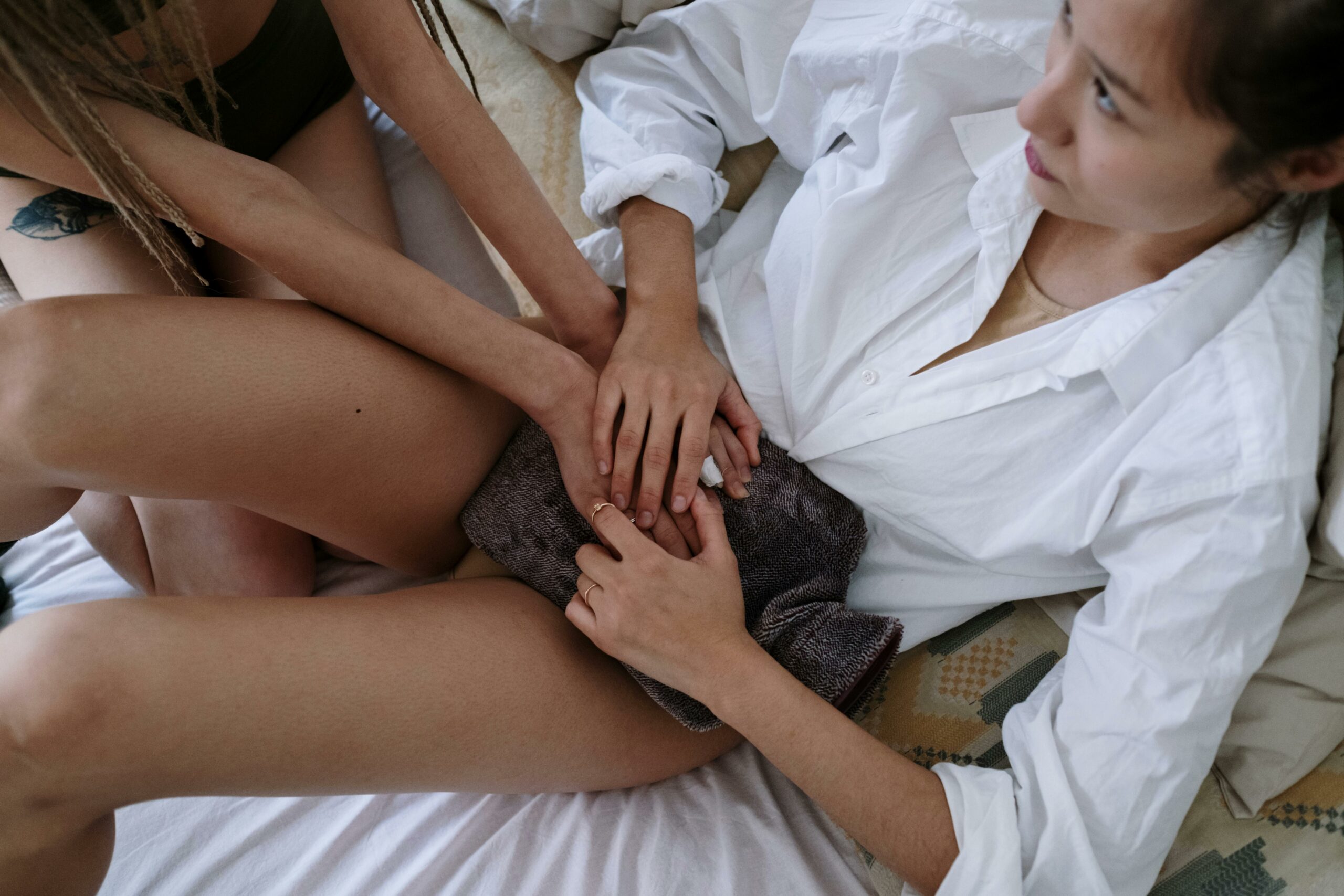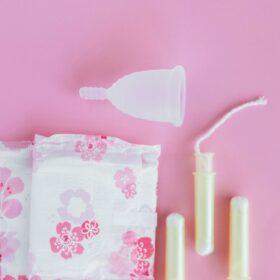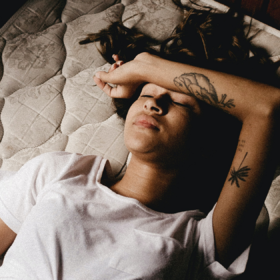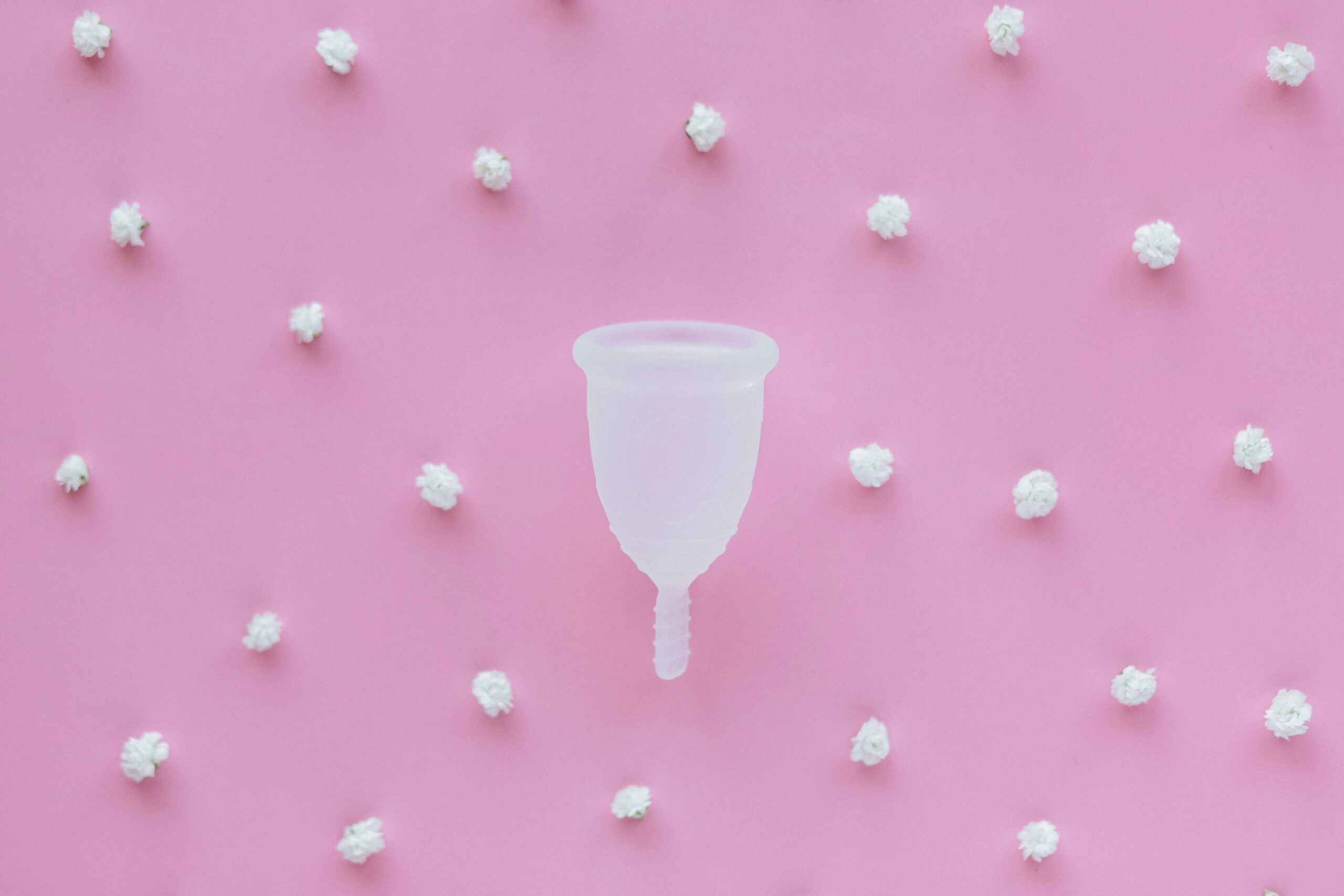
PMS symptoms
In this article
What's the lowdown?
PMS stands for pre-menstrual syndrome
It is a group of psychological, behavioural and physical symptoms
There are different severities of PMS: mild, moderate and severe
Simple lifestyle changes can improve PMS symptoms or treatments like contraception, therapy or antidepressants can be prescribed
Pre-menstrual syndrome (PMS) recap
Who here has felt cranky, bloated, tired, constipated or spotty shortly before their period? Raise your hands! Well, it is definitely how I am feeling right now, 3 days away from my period!
90%1 of women and those assigned females at birth (AFABs) normally experience pre-menstrual symptoms during the luteal phase before their lovely monthly visitor arrives.
What’s the luteal phase? It is around a week or two before your period starts. Let’s find out more about our period cycle before we get stuck in.
These symptoms might not affect your life too much and they will just be that, pre-menstrual symptoms. But 20-40%2 of us have symptoms that are severe enough to interfere with our day. This is classified as pre-menstrual syndrome (PMS). PMS is a combination of psychological, physical and behavioural symptoms affecting your day-to-day during the luteal phase to varying degrees of severity1.
Of those of us who suffer with PMS, 5-8%3 experience them so severely they can be diagnosed with pre-menstrual dysmorphic disorder (PMDD). In the UK, we may also refer to this as severe PMS.
PMS symptoms
Let’s break down the symptoms of PMS into psychological, physical and behavioural symptoms4.
Psychological symptoms:
- Mood swings
- Tearfulness
- Feeling low or anxious
Physical symptoms:
- Tender breasts
- Bloating
- Headaches
- Muscle tenderness
- Skin changes (spots or dryness)
- Lethargy/lack of energy/tiredness
Behavioural symptoms:
- Difficulty concentrating
- Irritability and anger
- Cravings resulting in eating more
- Difficulty sleeping/insomnia
- Loss of sexual desire/libido
When do PMS symptoms start?
You can have PMS all throughout your reproductive life. You might notice it before every period in your life or it might come and go as it pleases. During pregnancy, while taking certain hormonal contraceptives (like the combined pill) or after menopause you won’t experience PMS.
As I’m sure you have guessed, we don’t really know exactly what causes PMS but researchers have theorised that it is linked to how some women’s receptors in their brain react differently to hormones. Chemicals in our brain including serotonin (the happy hormone) may also have a role as this explains why there are so many emotional or behavioural symptoms involved in PMS – but researchers aren’t sure how serotonin is involved yet.5 As our hormones change throughout the month, this is why we notice symptoms at a certain point in the cycle, not throughout it6.
The luteal phase in our cycle is when PMS symptoms start. So you will see the symptoms about one to two weeks before your period comes7 and they should slowly ease as your period starts. Phew! Women on average experience 6.4 days to PMS each month. That’s a whopping 8 years of our lives affected with these uncomfortable symptoms8.
FAQs
PMS symptoms vs pregnancy symptoms
PMS symptoms but no period?
Missed period and PMS symptoms could mean one simple answer, you are pregnant! PMS symptoms and pregnancy symptoms are very similar9, the only difference is a positive pregnancy test. A simple way to differentiate between the two is by quickly peeing on a stick.
Why do I have bad PMS symptoms all of a sudden?
As we mentioned, PMS symptoms can vary between periods, they can get better, or worse or remain unchanged throughout their life. PMS occurs due to our body’s sensitivity to hormonal changes. Life events such as stress/anxiety could also worsen the severity of your symptoms10.
Natural and lifestyle changes to ease PMS symptoms
PMS symptoms are not fun, so please how can we reduce PMS symptoms naturally?
Some easy lifestyle changes can improve your quality of life naturally. Exercising is a big yes! Those natural endorphins (feel-good hormones) produced during exercise can help you well, feel good! Healthy eating, getting good quality sleep, reducing stress levels and taking supplements can also positively impact your PMS4. .
Medical treatments for PMS symptoms
Medication is another alternative to treat PMS. You might be offered hormonal contraception, hormone replacement therapy, antidepressants or cognitive behavioural therapy (CBT)4.
We will cover PMS treatments in more detail in our next article…… so keep reading!
Summary
9 in 10 women have some pre-menstrual symptoms but only when it starts to affect day-to-day life is it classed as PMS.
Worried about the amount of precious time you are losing battling your PMS symptoms? Reach out to a medical professional and talk through your experiences. Our Lowdown medical team are specialist women’s health GPs who can provide you with the support you need! Book your consultation and avoid the long waiting lists!
Our medical review process
This article has been medically reviewed for factual and up to date information by a Lowdown doctor.



